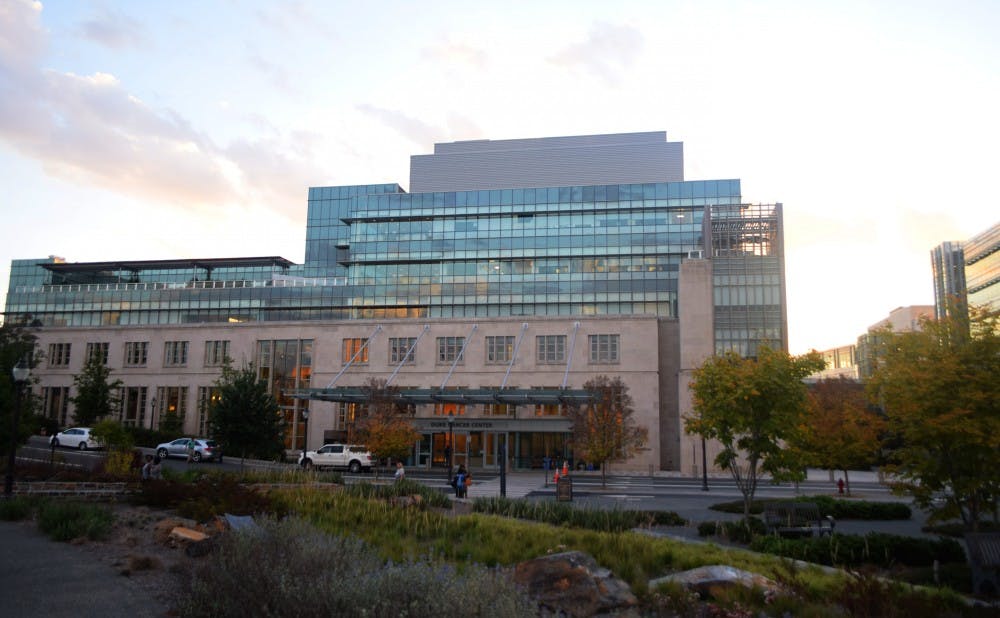Duke researchers are developing a form of cancer treatment that could prove effective against chemotherapy-resistant tumors.
A recent study found that kidney cancer cells died when deprived of the amino acid cystine, said lead study author Xiaohu Tang, a postdoctoral fellow. Cystine deprivation causes a form of cell death called necrosis—however, conventional chemotherapy triggers a form of cell death called apoptosis. Because these two methods of treatment use different mechanisms to kill cancer cells, cystine deprivation may be able to kill tumors proven resistant to some chemotherapy treatments.
“Most amino acids, when you take them out, the cancer cells just stop growing, but they can still live. Cystine they just can’t deal without, and they die very extensively,” said Dr. Jen-Tsan Ashley Chi, senior study author and associate professor in molecular genetics and microbiology at the School of Medicine.
Chi explained that cystine deprivation causes the necrosis process to generate a pore in the cell membrane, allowing water to enter the cell, resulting in its death.
Min Lu, a technician for the research team, noted that the renal cancer tumors of mice treated with cystine deprivation in the study shrunk to almost half their original size.
These findings suggest the potential to combine cystine deprivation treatments with conventional tumor treatments like chemotherapy, Chi noted, adding that the more resistant a cell is to apoptosis, the more vulnerable it is likely to be to necrosis.
"What many people have found is that the two different forms of cell death, apoptosis and necrosis, are somewhat mutually exclusive," he said. "Cystine deprivation may be effective to treat these resistant tumor cells that have developed different ways to bypass the apoptosis pathway.”
Scientists are trying to develop a method to localize cystine deprivation to one part of the body, but such methods have not been developed yet, he said. Currently, cystine deprivation treatment would involve depriving both healthy and cancerous cells of this amino acid, which normally aids hair, skin and bone growth. However, Chi explained that tumor cells are far more sensitive to cystine deprivation than are normal cells, giving researchers a therapeutic index, or a measurement of the amount of a therapeutic agent needed to treat a patient without harming him or her.
Chi added that it would theoretically be possible to keep a patient’s cystine levels low enough to kill their tumor cells, but not so high as to negatively affect their healthy cells.
He noted that although cystine deprivation is currently being tested on renal cancer cells, it could have therapeutic potential against breast and ovarian cancer cells as well.
Get The Chronicle straight to your inbox
Signup for our weekly newsletter. Cancel at any time.

